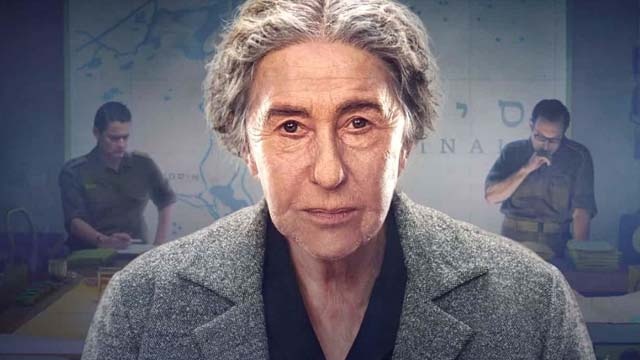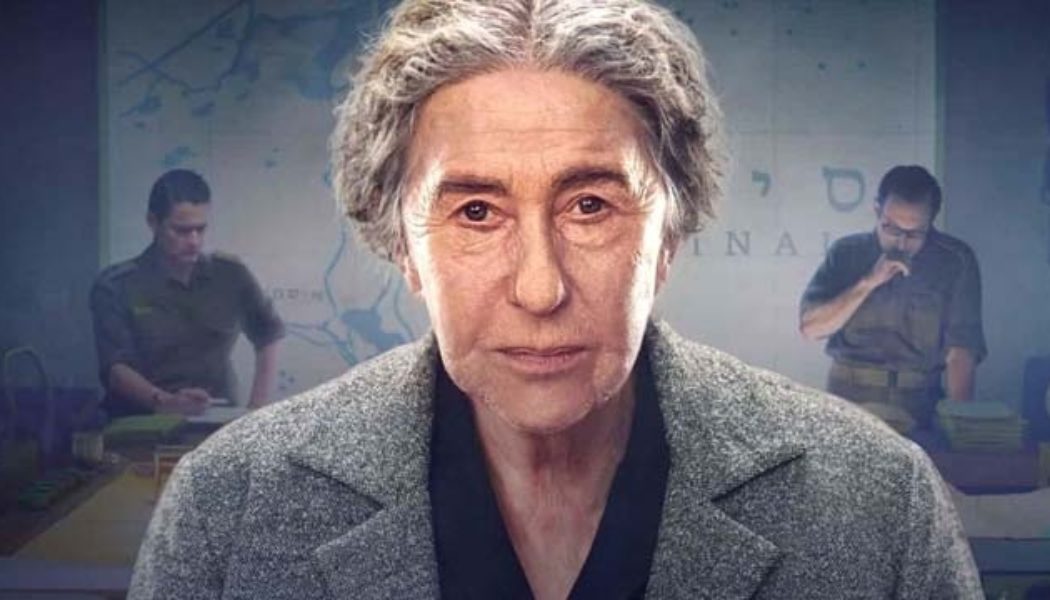
★★½
Golda Meir, Israel’s Prime Minister from 1969 to 1974, led the Israeli people during the Yom Kippur War. Director Guy Nattiv’s ‘Golda’ follows her role in the conflict and attempts to weave the politics and war into an engaging biographical drama. As the film progresses, viewers really only experience the chaotic decision-making of war, as Golda is constantly bombarded with strategic questions and suggestions from her military advisers. By the time the credits roll, there seems to be an emptiness, a lack of singular vision, which is odd considering ‘Golda’ sets out to focus on the titular character herself.
On October 6, 1973, Egypt and Syria led an attack on the emerging state of Israel. Taken by surprise, Israel suffered many casualties at the beginning of the conflict. Golda Meir (Helen Mirren), Israel’s first female Prime Minister, now must lead her country to victory, and get the surrounding Arab states to recognize Israel as a country. Using her political prowess, she must convince the United States Secretary of State, Henry Kissinger (Live Schreiber) to help Israel. Golda must be selfless and strong, as she also battles a life-threatening disease.
The overall tone of ‘Golda’ is lifeless and drab, appropriate for the setting but there is no real emotional connection to tie it all together. Nattiv does not shy away from Golda’s powerful presence, but the audience could get the feeling that she is just running from room to room quickly making decisions and then immediately seeing the consequences. There is no nuance from scene to scene, no development, merely an ultra-fast snapshot of what took place during the war.
Although the story may come across as a bit rushed and hollow, the same cannot be said about the acting. Across the board the performances are exceptional, anchored by Helen Mirren and her portrayal of the chain-smoking Golda. Camille Cottin portrays Golda’s assistant and acts as a conduit to Golda’s emotional side. One of the best performances in the film is turned in by Emma Davies, who plays the government transcriber Miss Epstein. Davies barely says a word throughout the film, but her brief role may stick with the audience the most. Nattiv does well in thoroughly developing her story, and it culminates in a very emotional ending.
‘Golda’ plays out as a decent historical biopic, but there seems to be so much more left on the table. Nattiv never seems to pick a singular direction for the film, instead choosing to swap among war, politics, and Golda herself. In the end, the audience gets a jumbled film that does not seem to fully connect from scene to scene.









